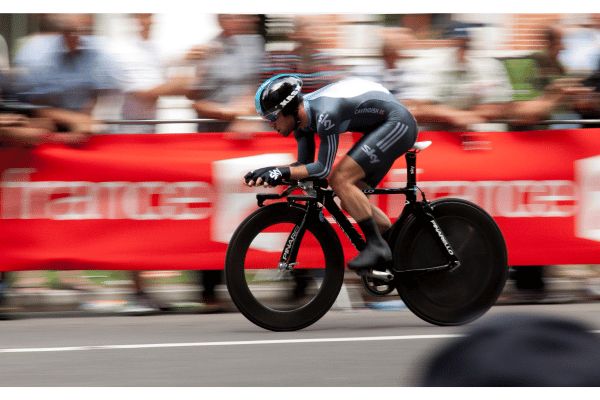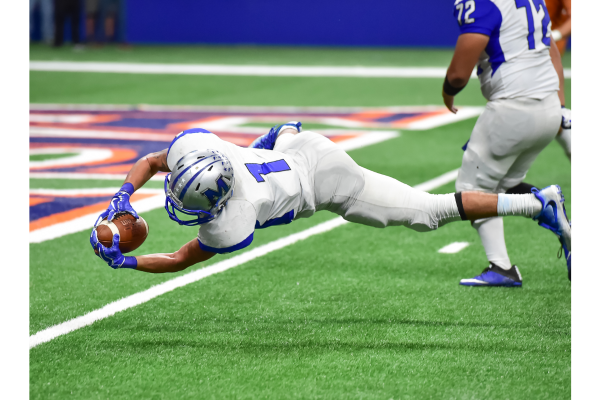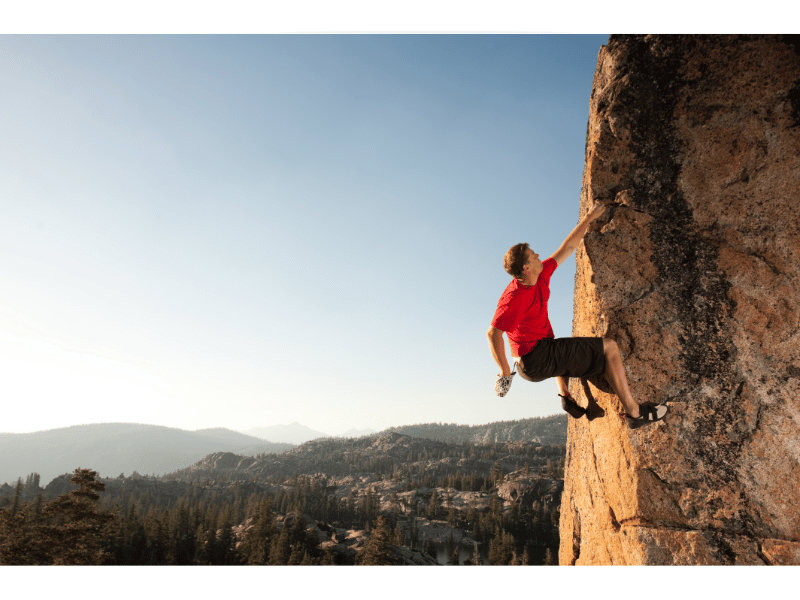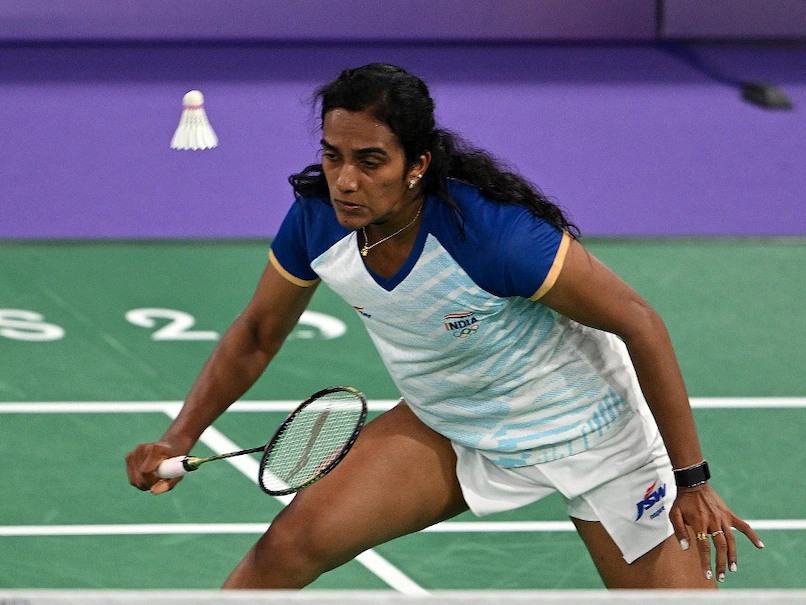You must be thinking how does mental training help you build self-awareness in sports, isn’t that right? But let me tell you self-awareness can also be developed with mental training like any other skill or technique.
Yes, it is something that should come naturally to an athlete but well, things don’t work out the way we want to a lot of time, do they? Therefore why not develop and train our brain to learn a skill from a Sports Psychologist that can be a little difficult to do on our own.
So let’s dig into this blog and understand all about self-awareness.
What is Self-awareness in Sports?
Self-awareness in sports is essential let’s understand it a bit further.
It’s about understanding who you are as an athlete, both inside and out. It’s knowing your strengths, weaknesses, and how you react in different game situations.
Consider if you’re a basketball player. Self-awareness means knowing if you’re better at shooting threes or driving to the basket. It also means understanding how you feel when you miss a few shots in a row – do you get angry or stay calm?
Naturally, if you know how you’re feeling it’ll also be easier to control those feelings and not let those feelings control you.
Elite athletes use self-awareness to reach their peak performance. They know what makes them tick and how to use their inner insights to overcome challenges. They understand their mental game and how their thoughts and feelings affect their play.
By being self-aware, athletes can build mental toughness, stay focused, and bounce back from setbacks.
So, the next time you’re playing your sport, remember: that knowing yourself is just as important as practicing your skills.
Read this article titled, “How to Improve Self-Awareness as an Athlete” to learn more about self-awareness as an athlete and how you can improve your self-awareness.

What Happens When Athletes Gain more Awareness in their Sports?
Now that you know a little about self-awareness let’s understand what will happen to you as an athlete if you gain or develop it.
When an athlete gets a deeper understanding of their emotional landscape and cognitive processes, a profound transformation can occur.
Emotional Intelligence and Performance
If you want to know more about how you can reach your peak performance as an athlete, read this article titled, “A Complete Guide to Reach Peak Performance”.
- Regulation of Emotions:
Athletes can learn to identify and manage emotions like anxiety, anger, or frustration.
This emotional control can prevent impulsive decisions and maintain focus.
- Empathy and Connection:
Understanding one’s own emotions often leads to greater empathy for teammates and opponents. This can improve teamwork and sportsmanship.
- Motivation and Goal Setting:
By recognizing emotional drivers, athletes can set more realistic and personally meaningful goals. This intrinsic motivation can fuel sustained effort.
Cognitive Awareness and Decision Making
- Metacognition:
Athletes can become aware of their thinking patterns, allowing them to question assumptions, and negative thinking and explore alternative strategies.
- Anticipation and Adaptation:
By understanding their thought processes, athletes can better anticipate opponents’ moves and adapt their tactics accordingly.
- Focus and Attention:
When athletes become more self-aware, they have increased awareness of their and others’ mental states which also means they can control and maintain focus, reduce distractions, and enhance performance under pressure.
Performance Optimization
- Peak Performance States:
When athletes are more self-aware they can do activities, exercises, and routines that add to their productivity and hence peak performance.
In other words, athletes can identify the mental and emotional conditions that lead to optimal performance. This knowledge allows for deliberate practice and replication of those states.
- Recovery and Resilience:
When athletes are self-aware they know how much they can push or pull themselves on the field and that is why they gain an understanding of the cognitive and emotional toll of training and competition that aids in developing effective recovery strategies.
- Mental Toughness:
A self-aware athlete will know when to trust their thoughts and will know thoughts are not the truth this fosters resilience by helping athletes reframe setbacks and maintain a growth mindset.

How to Increase Self-awareness in Sports?
Discussed below are some strategies that you can undertake to increase your self-awareness.
Watch this video by a sports psychologist and performance coach titled “Increasing Self-Awareness for Peak Performance.” It provides a detailed and nuanced explanation of self-awareness and offers practical strategies to enhance it.
Mindfulness and Meditation
Research indicates that mindfulness practices can significantly enhance self-awareness.
By focusing on the present moment, athletes can become more attuned to their physical sensations, emotions, and thoughts. This heightened awareness can help them identify patterns and triggers that impact performance.
Feedback Seeking
Constructive feedback from coaches, teammates, and even opponents can offer a fresh perspective. Athletes should actively seek feedback and be open to learning from others. This process helps identify blind spots and areas for growth.
Video Analysis
Analyzing video footage of performances can provide objective insights into body language, decision-making, and emotional responses. This visual feedback can help athletes understand how their physical and mental states influence performance.
Performance Profiling
Creating a detailed performance profile involves identifying strengths, weaknesses, and performance patterns. By understanding these factors, athletes can develop strategies to maximize their potential and minimize vulnerabilities.
Goal Setting and Visualization
Clearly defined goals provide a framework for self-awareness. Athletes can track progress towards these goals, identifying factors that contribute to success or hinder performance. Visualization techniques can enhance self-awareness by creating mental images of desired outcomes and the steps required to achieve them.
Mental Training
Sports psychologists like Dr. Swaroop at MyMentalCoach can provide specialized mental training to enhance self-awareness. They can help athletes develop effective self-reflection practices, identify emotional patterns, and implement strategies for improvement.
I understand self-awareness is not an easy thing to practice, especially when you are an elite athlete. There are numerous factors into play, a lot of things you probably can’t control but if you are totally aware of yourself you will stop taking things personally.
Concluding Lines
Self-awareness is unquestionably the first, and possibly most difficult, step toward athletic achievement. Recognizing and accepting one’s strengths, shortcomings, and emotional responses can be difficult.
However, it is precisely this candid introspection that prepares the way for deliberate improvement. Embarking on this road needs guts and commitment, but the benefits in terms of performance and personal growth are immense.


